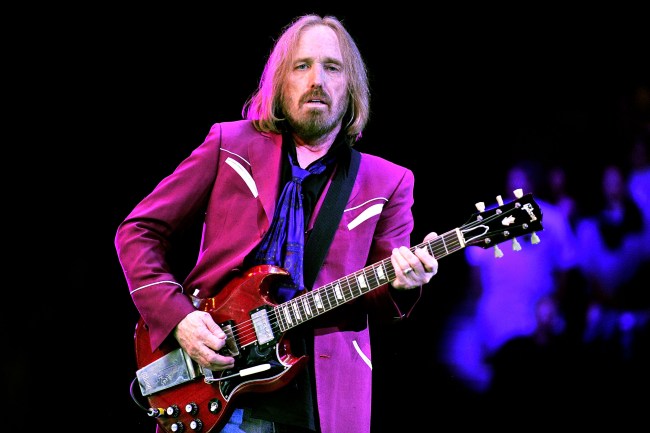
An upcoming biography about Tom Petty has revealed a rather startling fact about his past: in the 1990s, he struggled with heroin addiction.
The biography, simply titled Petty: The Biography by Warren Zanes, reveals many details about the musician’s life, perhaps the most stunning of which is a heroin addiction that plagued him in the late ’90s. The biography is unauthorized, but that is not the result of any objection to it on Petty’s part. Rather, it’s the opposite: he feared that authorizing the book would make it less authentic:
“He didn’t want it to be authorized because he felt like authorized meant bull—-,” says Warren Zanes, whose “Petty: The Biography” arrives next month. “He said, ‘I want it to be yours. And I can’t tell you what you can and can’t write.’ ”
Petty has never discussed his addiction in the past, and his reason for this was simple: He was afraid that by revealing his usage of heroin, his young fans would then believe that it was acceptable for them try it themselves:
The first thing he said to me on the subject is, “I am very concerned that talking about this is putting a bad example out there for young people. If anyone is going to think heroin is an option because they know my story of using heroin, I can’t do this.”
If the idea of a man first trying heroin in his late ’40s is a bit surprising, it’s worthwhile to consider that the 1990s represented one of the most tumultuous periods in Petty’s life. In 1996, he became divorced from his first wife, Jane, which inspired many of the material for 1999’s Echo, which is quite possibly the darkest album he ever recorded. Whether his sadness following the divorced caused his addiction is uncertain, but it definitely wouldn’t be a surprise.
“He’s a rock-and-roller. He had had encounters with people who did heroin, and he hit a point in his life when he did not know what to do with the pain he was feeling.”
(Via Washington Post)






